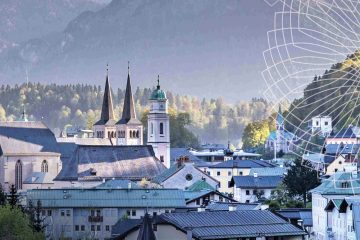Current Events in Germany: A Comprehensive Overview

Introduction
Germany, a powerhouse in Europe known for its rich history, vibrant culture, and strong economy, continues to play a crucial role on the global stage. Understanding current events in Germany is essential, as they not only impact the country itself but also have ripple effects across Europe and beyond. As one of the founding members of the European Union, the happenings in Germany can influence economic decisions, immigration policies, and international relations in the region.
Political Landscape
In recent months, Germany has been navigating significant political changes. Chancellor Olaf Scholz’s coalition government has faced challenges, particularly concerning energy sustainability and immigration. The energy crisis, exacerbated by geopolitical tensions, has prompted discussions on transitioning to renewable energy sources and reducing reliance on fossil fuels from outside the EU. With a goal to produce 80% of electricity from renewables by 2030, the government is pushing legislation to enhance green technology and infrastructure.
Economic Outlook
Germany’s economy, traditionally the largest in Europe, is currently facing several tests. Recent reports indicate a slowdown in growth, influenced by rising inflation rates and global supply chain disruptions. The country’s inflation rate reached a 70-year high, affecting consumer spending and investment. In response, the government is considering various fiscal measures to stimulate growth while simultaneously coping with the challenges posed by the ongoing energy crisis.
Cultural Events
Despite the economic and political challenges, cultural life in Germany remains vibrant. Major cities such as Berlin, Munich, and Hamburg are bustling with arts and entertainment, including film festivals, exhibitions, and music events. The Berlin International Film Festival, held annually, showcases new talent and cinematic achievements, while the Oktoberfest attracts millions of visitors from all over the world, celebrating Bavarian culture and traditions.
Conclusion
Germany’s position as a leading nation in Europe is characterized by its ability to adapt to changing circumstances. The current political tensions, economic challenges, and commitment to cultural enrichment highlight the resilience of the German people and their institutions. As Germany moves forward, its approach to these issues will be pivotal, not only for its own future but also for the broader European community. Observers and citizens alike will be keenly watching how the country maneuvers through these complexities in the upcoming months and years.









